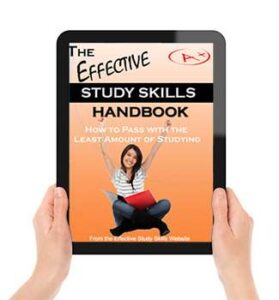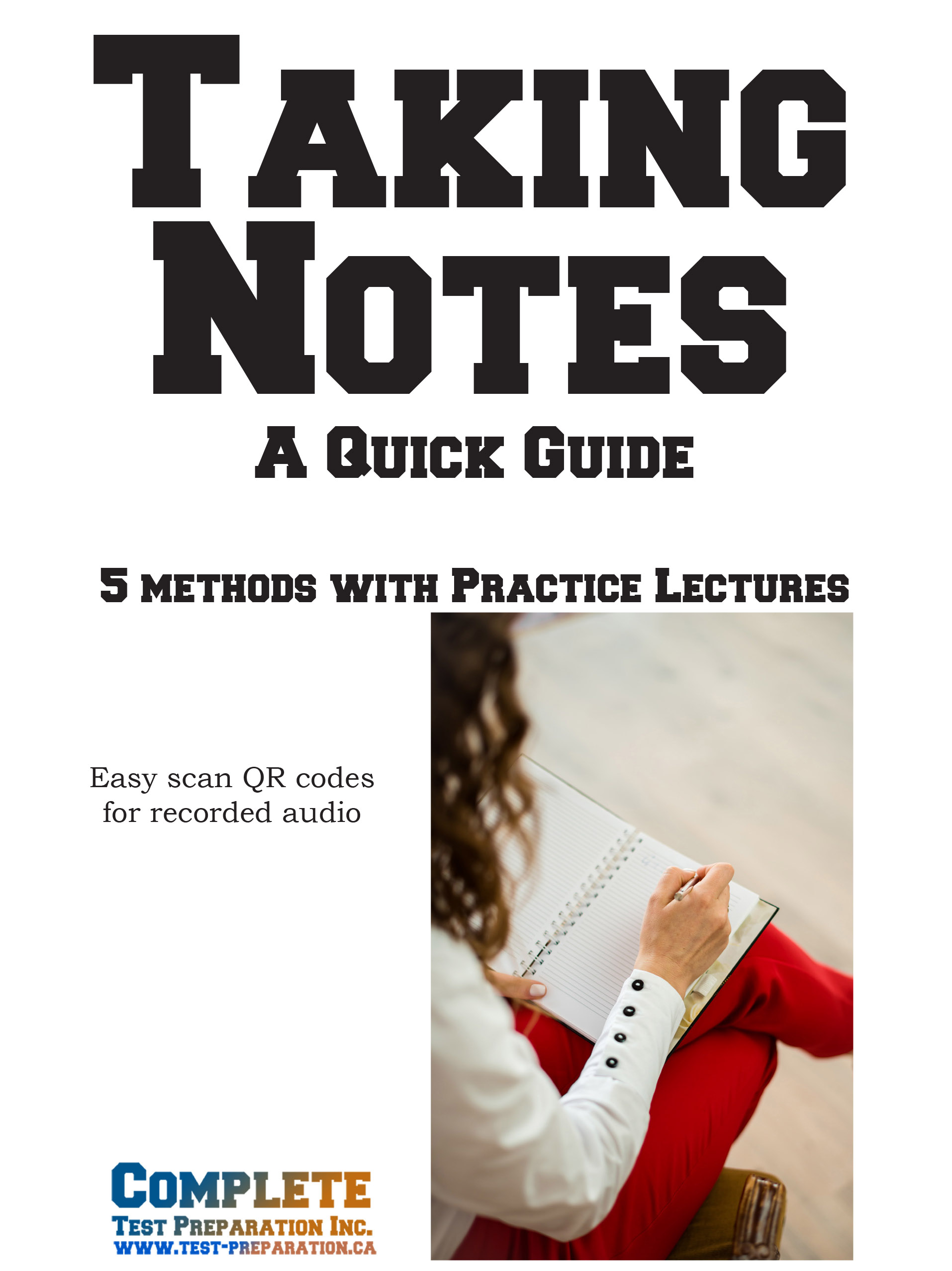Five-Day study plan – Ready for Blast Off Day!
- Posted by Brian Stocker
- Date December 5, 2019
- Comments 0 comment
Going into my senior year, one could assume that I am well experienced in the subject of test-taking, yet if anything, life has taught me that one can always learn more. My recent conversation with a friend helped me to realize that the overly invested preparation process that I had worshiped was unnecessarily restrictive, and I realized that rethinking my strategies could probably help be prepare more effectively in less time.
This strategy involved a five-day plan up until the test-date, and on the word of my friend, it is guaranteed to make sure that any student can see rapid progress in their academic preparations.
T – 5:
This should involve just reviewing the concepts taught in class. This often involves just reviewing the first 2 thirds of your notes to make sure that you are up to date on the concepts that are taught. This is usually the most tricky part of the revision process, since you probably won’t remember everything taught in the past weeks marking the beginning of the unit, but that’s why it is important to review this first. After you’ve gone through the major concepts, make sure to compare it with the readings given by your professor and add in any notes that may not have been covered in lectures. Use different markings to indicate major revision topics, questions to ask your professor and any personal studying devices that you might use. 2 to 3 hours would be recommended to go through this, but it would be worth it.
How to Study – The Complete Guide
Here is a Suggestion – At this stage – Skim
You are going to need a few pieces of loose leaf and your favourite pen (I suggest blue as it is supposed to improve memory). It is time to skim your notes! As you do this, write down all the key concepts that will be on the test. Look over everything, but do not write everything. I like to write down broad points and a few examples for each. In math and the sciences, write down important formulas and situations when they are used. This should only take 1-3 hours of your day depending on the amount of information. Once you have written out the useful information, you are done for the day. Relax and know that this is probably the most useful thing you could have done. You have made an easy study sheet and as you were writing, the information was seeping into your brain.
T – 4:
This should involve asking any questions that you are unclear about, as well as a review of the most recent third of your notes and the textbook using similar tactics as from Day 1, but since you’ve likely gone through the concepts recently, you shouldn’t need as extensive a review as those from earlier weeks. When you’ve gone through this, you can take a short break before going back to compiling your notes in a thorough study guide (try to do this on-paper, since studies have shown that writing concepts out by hand can help you to remember them more clearly, and you can draw more detailed diagrams) Again, 2-3 hours would really be recommended to go through this thoroughly and effectively.
How do YOU study textbooks? A quick survey
At this Stage – It’s All About Learning – Suggestions
Today is Your notes have been condensed so no need to worry about binders or gathering all your different worksheets and textbooks. Take out the notes you made the night before and a different coloured pen. Now, read the notes. I find this can be daunting and suggest reading out loud (to your pet if you have one) or walking around the house while you do so (sometimes on a test you will remember you walked by a certain chair when you were reading that concept and it helps the information come back to you). Underline information you do not understand. This should only take 1 hour.
Don’t forget to look up the information you do not understand. Sometimes quick Google searches can solve your problem. However, this is the time to check just in case you have to ask a friend in the class, or even the teacher, a question to clarify the information. Write the clarified information in a different colour by your underlined concepts so that it is very visible. With that completed, you are done for the day! Try Clustering
Taking a Test? We can Help!
T – 3:
For me, studying on this day often includes practicing the materials that would be needed for questions being given on the test. This could involve going through revision packages, questions posed in lecture notes and any past tests that you can access. From this, make sure to apply the knowledge that you have spent this long reviewing in theory, which can actually help you to work through problems posed on the day of the the test instead of just hypothesizing what you should do. Plus, when you’re done, you can clearly tell which sections you are more or less comfortable with, which can help you focus over the next few days on by posing questions to your professor based on any weaker material. 2 hours would be recommended for this. Lots of practice questions here
T – 2:
Now that it’s getting closer to the test day, it would probably be a good idea to go through those extensive study notes and try to condense them. Try to translate every major idea and outline all of its subheadings in one page. This is a good review practice, and add all affiliated diagrams on an appendix page. Once you’ve finished, you can even create a final page with just the major headings and subheadings that you have reviewed and are going to be on the test. 1.5 to 2 hours would really be recommended for this, since you’ve already done a thorough review of the material earlier in the week.
T – 1:
The day before the test, the best practice is always just to do a light review. Glance over the condensed pages from the previous day and go over the concepts in your head early in the day.
I normally take my notes with me and peek at them before the test. I like to focus on a quick review of the information that I had the hardest time memorizing the day before. The key is to relax and to walk into the test confident (fake this by smiling, releasing the tension in your shoulders and taking a sip of water every time you feel overwhelmed – this combination is a lifesaver and always works).
After that, spend the day doing what relaxes you! Make sure to finish reading that book you’ve been putting off, go for a run, watch the newest episode of your favourite show. Make sure to use the day to do what you want.
Do what works for you!
Some people find looking at notes or textbooks on the day of the test just confuses them.
Now that we’re at T – 0, make sure to not review the content in the hours preceding the test, and focus just on your own well-being. Get there early (depending on the time of day, this may range between 5 and 15 minutes) and get a good place without too many distractions. Bring a bottle of water and any of the required test materials, and just try your best!
I was personally accustomed to needing at least 2 weeks of notice before a test, but thanks to this advice, I learned how to adapt to the constraints of the situation and study more effectively and efficiently. Taking this approach over the last several years has allowed me to improve my grades and even be given a principal’s award for outstanding academic achievement while balancing several extracurricular activities and binge-watching the equivalent of the Harry Potter movie series on the same week. Going into my final year of high school, I hope to help other young, eager students by giving them the advice my friend gave to me, by helping them to recognize their strengths and optimize their academic experience over these crucial years in their development.
How to Study

… without endless hours of cramming
… without the need for tutoring
… and without sacrificing the things that matter to you!
Multiple Choice Secrets!

How to Take Notes
Learn 5 Note Taking Methods – With Full Explanation and Examples!
Taking notes is an essential academic skill and you will be doing a LOT!
Learn More and Start Practicing
Published: Thursday, December 5th, 2019
Created by Brian Stocker and the team in Victoria, BC.
Helping students succeed since 2005
Got a Question? Email me anytime - Brian@test-preparation.ca
You may also like
How to Take a Test — the Basics How to Take a Test – 2 Common Mistakes on a Test – and how to avoid them! Written by, Brian Stocker MA., Complete Test Preparation Inc. Date Published: Monday, March 4th, …
What your Professor wants to see on your Exam
1. Get to know your instructors. Introduce yourself so that they know you and are aware that the course is vital to you. Make yourself visible – sit near the front of the class and attend regularly. 2. Give feedback. Everyone needs …
Learning, Studying and Types of Tests – Do’s and Don’ts
The learning process is a complex system, and part of it is the assessment or evaluation of your progress, which is done through tests and standard exams. College tests are design to measure a variety of things such your fitness …

